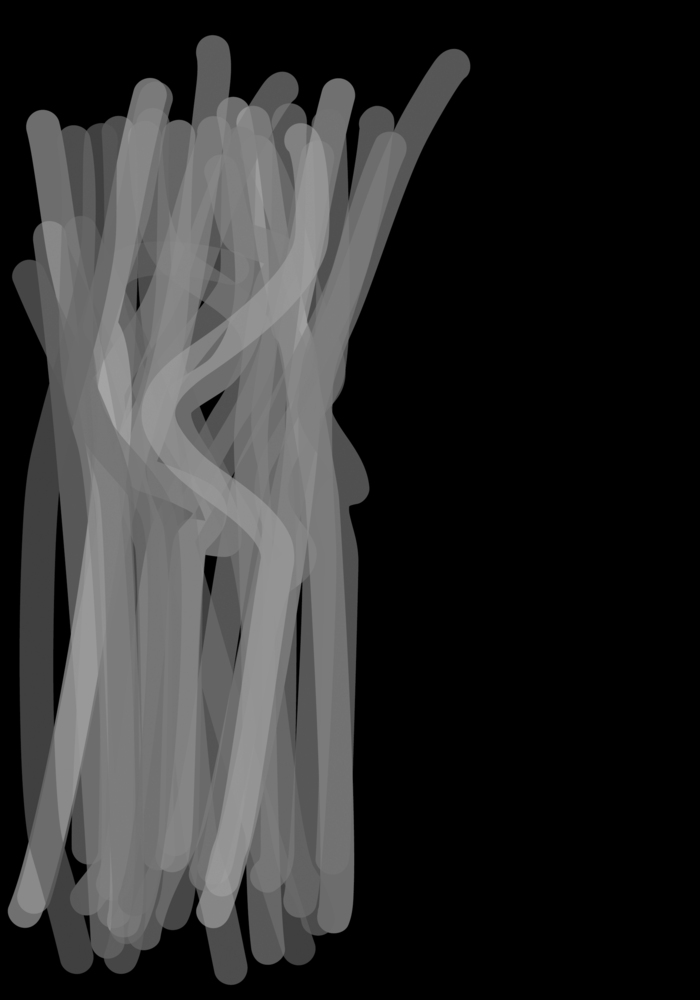Gabriel Tarde: The Good Grandfather
Liam Gillick-
-

- Liam Gillick for the Architectural Association, 2009
-
“Just to get a flavor of the character and understand why he appealed so much to Gilles Deleuze, here is how Tarde presented his daring research program in Monadology & Sociology:
‘I would naively say: Hypotheses fingo. What is dangerous in the sciences, are not close-knit conjectures which are logically followed to their ultimate depths and their ultimate risks; it is those ghosts of ideas floating in the mind. The point of view of universal sociology is one of those ghosts that is haunting the mind of present day thinkers. Let’s see first where it can lead us. Let us be outrageous even to the risk of passing for raving mad. In those matters, the fear of ridicule would be the most antiphilosophical sentiment.’
Is this not a good grandfather, the one who encourages you to think through as daringly as possible because there is nothing worse than half-baked ‘ghosts of ideas’? Is it not the case that most of the social sciences are made of those fleeting ghosts, neither theoretical nor concrete, but merely general and abstract? Instead of establishing sociology on a complete rupture with philosophy, ontology and metaphysics, as Durkheim will be so proud of doing, Tarde goes straight at them and reclaims as his duty to connect social theory with bold assumptions about the furniture of the world itself. The reader begins to understand, I hope, why Tarde had not a chance in 1900 and why I am so thrilled to feel his genes acting in me, since I have never been able to decide whether I was a metaphysician or a sociologist. If I use extended quotes for this chapter, it is so as to provide his ideas with another chance to spread.
The strange specificity of human assemblages
The shock of reading Sociology & Monadology begins with the very first pages since instead of talking about “the social” as a specific domain of human symbolic order, Tarde begins with a research agenda, everywhere on the rise in the sciences, according to him, and that he calls monadology: ‘The monads, Leibniz’ daughters, have come a long way since their father,’ he states in the first sentence of the book, just after having repeated in the exergue Hypotheses fingo. We are indeed very far from Durkheim. What is a monad? It is the stuff out of which the universe is built. But it is a strange stuff, since monads are not material entities only since they are possessed by faith and desire —the verb ‘possess,’ as we shall see at the end, takes a great importance in Tarde.”
Bruno Latour, “Gabriel Tarde and the End of the Social” in The Social in Question: New Bearings in History and the Social Sciences. Patrick Joyce, ed. Routledge: London, 2002. 117-132.